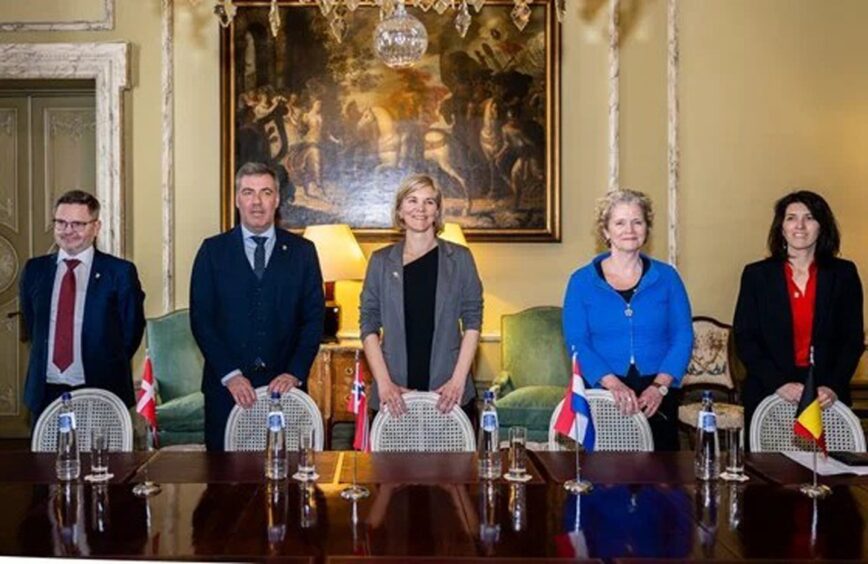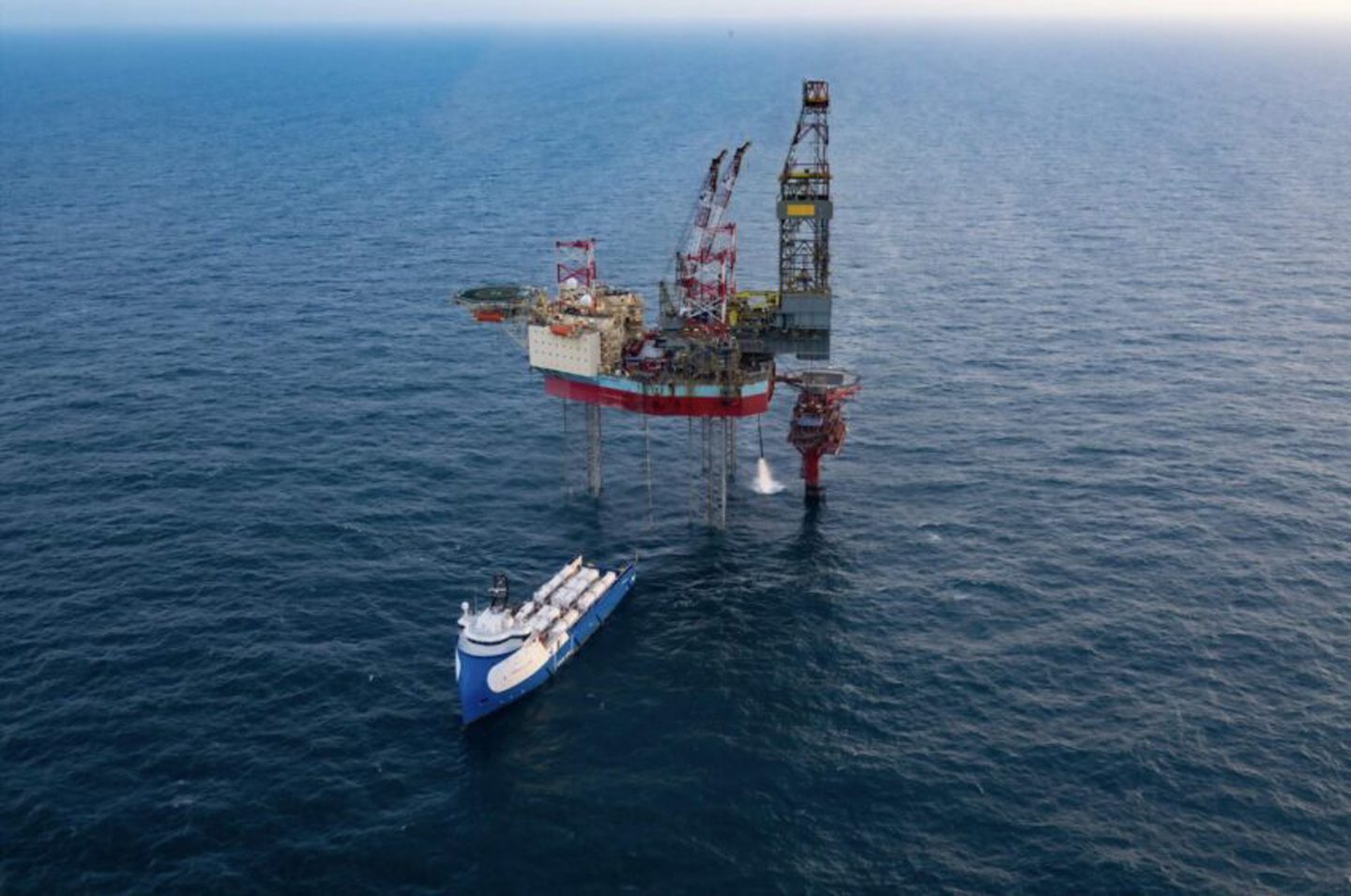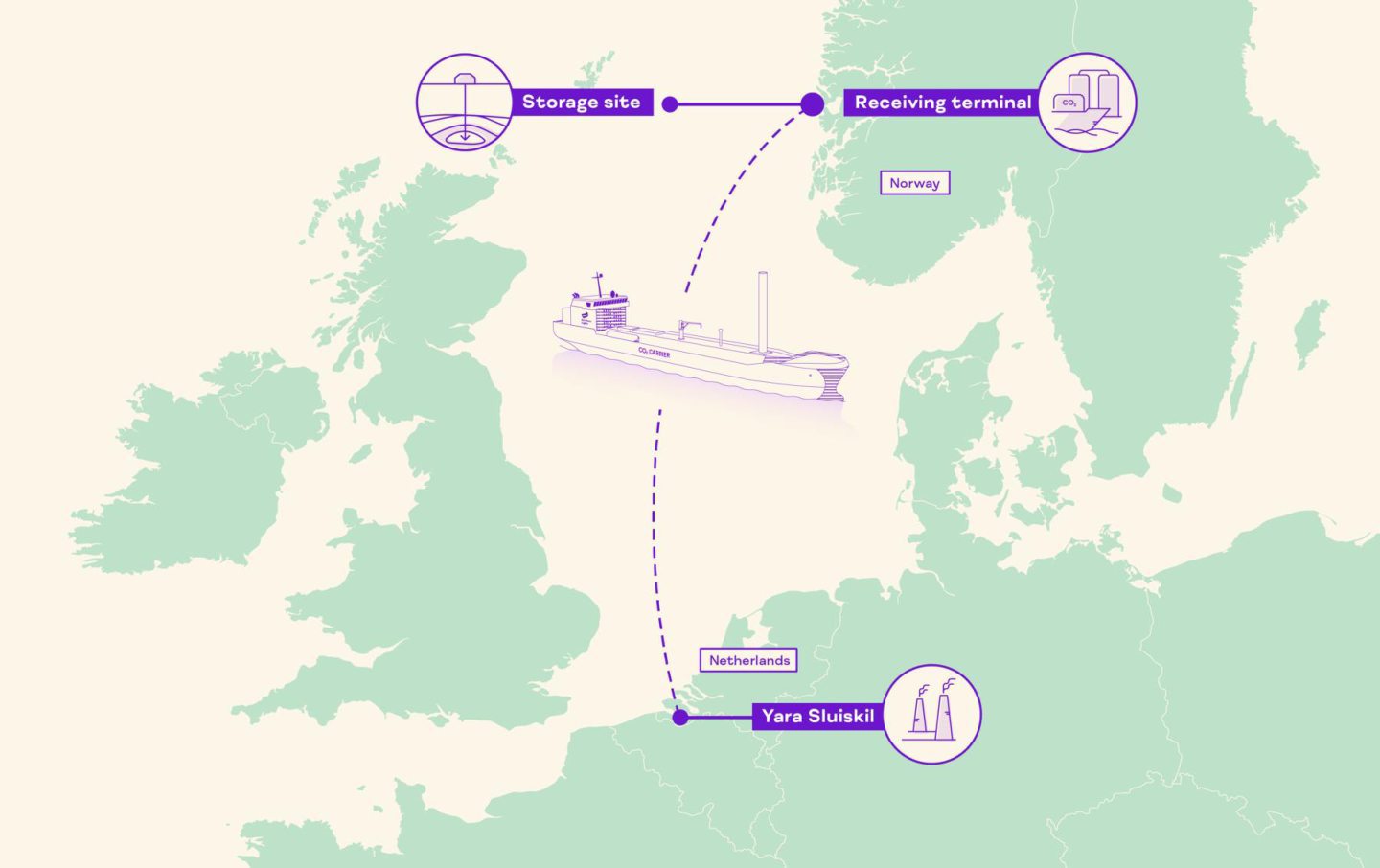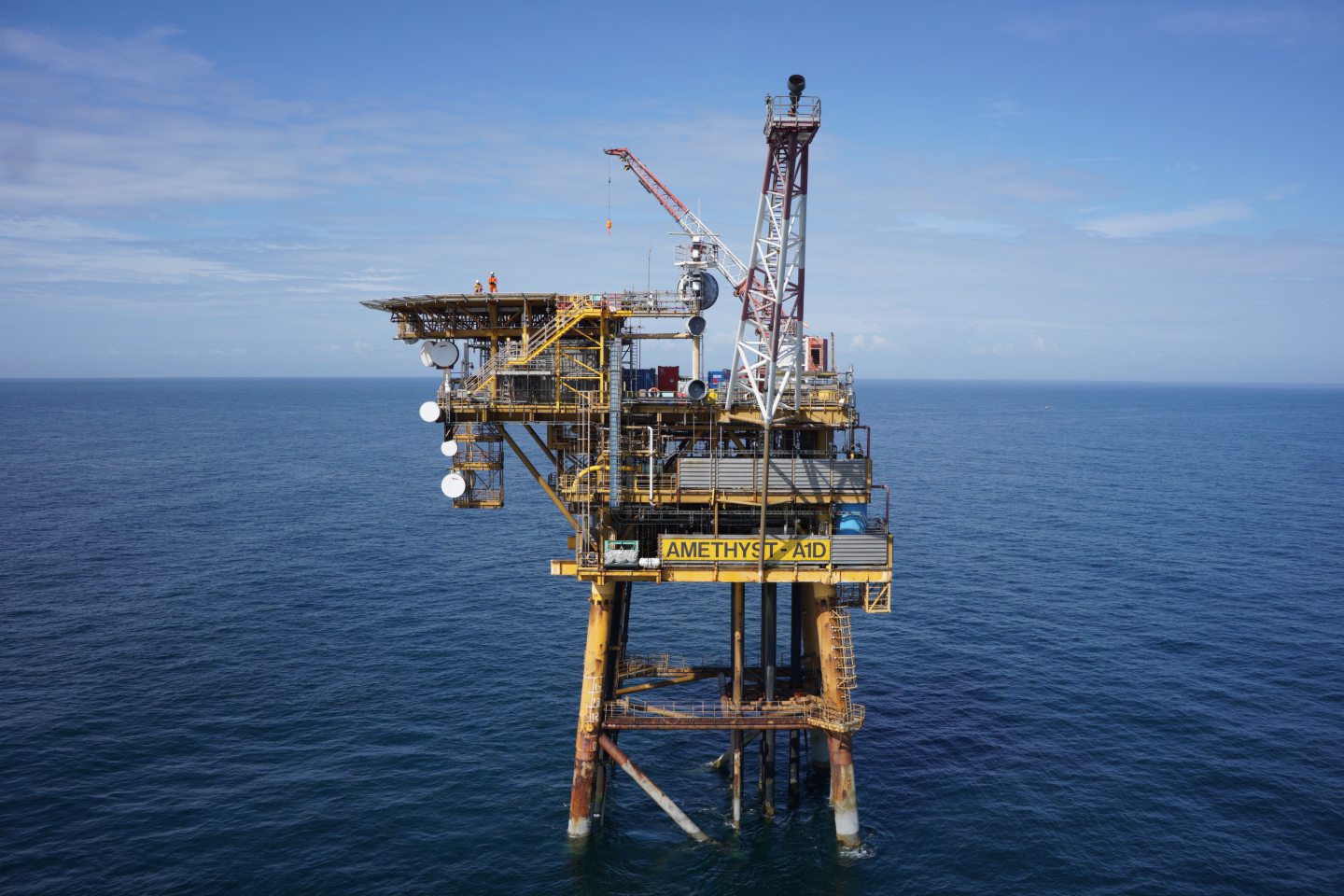Last week, five Northern European countries announced a series of bilateral agreements on cross-border transport of CO2. Notably absent from the list was the UK.
The governments of Norway, Denmark, Belgium, the Netherlands and Sweden said the agreements will remove “some of the obstacles on the way to a well-functioning carbon capture and storage-market in the wide North Sea region”.
The agreements cover the transportation of captured CO2 from major industrial emitters in Belgium, the Netherlands and Sweden to abundant offshore storage sites off the coast of Norway and Denmark.
With Norway positioning itself as the leading storage hub for European CO2 volumes, one analyst told Energy Voice the UK risks “wasting a naturally advantageous position” by not securing similar deals.
The ability to import CO2 shipments is a key part of maximising the economic potential of many UK carbon capture, utilisation and storage (CCUS) projects.
Without imports, CCS projects like Acorn and Viking and others focused on the North Sea are unlikely to source enough CO2 emissions from domestic emitters to be cost-effective or make full use of the UK’s North Sea storage potential.
Norway has ‘enormous capacity’
Norway’s minister of energy Terje Aasland welcomed European neighbours progressing plans to store CO2 in Norwegian storage sites, which he said have “enormous” capacity.
“The climate challenge transcends borders, and it is crucial that we put in place solutions for transport of CO2 across national borders,” he said.
“This is an important day for the climate, for our industries and for the first full-scale European CCS project.”
Netherlands minister for climate and energy Rob Jetten said he hoped the declaration would soon lead to a “concrete project” with Norway.
Meanwhile, Belgian minister of the North Sea Paul Van Tigchelt said its deal with Norway will build on previous ones agreed with the Netherlands and Denmark.
“Today, we are taking another important step with Norway to store captured CO2 in their depleted oil and gas fields,” Mr Van Tigchelt said.
With Germany, Europe’s largest economy, also in the process of allowing its industrial emitters to make use of Norway’s Northern Lights CCS project, is the UK falling behind its North Sea neighbour in establishing an international carbon storage model?
UK CCUS ‘vision’
In December last year, the UK government set out its ‘vision’ for what the country’s carbon capture utilisation and storage (CCUS) market would look like in the 2030s.
The 63-page document identifies three phases of development for the CCUS sector: a ‘market creation’ phase until 2030; a transition phase between then and 2035; and a ‘self-sustaining market’ from 2035 onwards.
The document states the government will work towards supporting international CO2 imports and removing regulatory barriers to cross-border CO2 transport.
It also says the government will explore bilateral agreements with countries interested in exporting CO2 to the UK for permanent storage. “work with stakeholders to explore what actions may be required to enable a new commercial framework to support international imports”.
The need for bilateral agreements on cross-border CO2 transport and storage stems from the London Protocol, an international agreement which governs the dumping of waste at sea.
Countries which have both applied a 2009 amendment to the protocol can enter into deals allowing CO2 to be transported and stored across their borders.
But unlike Norway and Denmark, the UK has so far not secured any bilateral agreements since applying the amendment in September 2022.
The UK government’s slow progress on aligning with EU CCS policies has even led one Scottish firm to look at storing CO2 in Denmark, rather than in the UK.
Earlier this year, Carbon Capture Scotland Limited signed a deal to store CO2 emissions in Denmark, with firm’s founders calling it “ludicrous” that UK options were not available.
Norway ‘off to a head start’
Wood Mackenzie senior research analyst for CCUS Dr John Ferrier said Norway is “off to a head start” in positioning itself as the “leading storage hub for European CO2 volumes” thanks to its Northern Lights project.
“Northern Lights will soon begin receiving CO2 from the Netherlands and we expect its list of international customers to grow quickly,” Dr Ferrier said.
“In contrast, the UK Government has focused on developing a full domestic CCUS value chain to prioritise tackling the UK emissions.
“A perceived lack of need and a lack of political drive may therefore be the reason we have not seen the UK establish bilateral agreements with other countries.
“However, we are seeing the emergence of an international CO2 storage market and, given it hosts almost half of North Sea storage capacity, the UK risks wasting a naturally advantageous position.”
Dr Ferrier said the sale of excess storage could also help support emerging UK CCUS projects, with the Acorn and Viking projects both hoping to receive CO2 from Europe.
“However, this will not be possible without bilateral agreements, which could take years to negotiate from a standing start,” he said.
UK has ‘enormous natural advantage’ on CCS
Like Norway, the UK has ample sites for CO2 storage across its depleted oil and gas fields in the North Sea.
Carbon Capture and Storage Association (CCSA) chief executive Ruth Herbert said the UK is home to around one third of Europe’s geological carbon storage, far more than it needs for its own storage requirements.
The CCSA estimates that around 20 M t p a of C O₂ could be safely imported to the U K and stored in subsea geological reservoirs from neighbouring countries by 2035.
But despite its “enormous natural advantage”, Ms Herbert said the UK cannot be complacent.
“The UK has made great progress in our CO2 transport and storage models and has 27 licensed CO2 stores, however, as increasing numbers of European countries are negotiating cross-border agreements it is essential that the UK moves quickly to maximise the potential and opportunities that it has available in both geology and offshore skills and experience,” she said.
“This will also provide greater competition in the CO2 storage market and lower costs for emitters across Europe.”
UK ‘playing an active role’ in CO2 networks
To achieve this, as well as putting in place bilateral agreements under the London Protocol, Ms Herbert said the UK government needs to work towards mutual recognition of equivalent storage standards.
This would mean that CO2 stored in the UK will not count as emitted under the EU emissions trading scheme, she said.
The UK government has said it is continuing to collaborate with the EU on carbon capture and storage, as well as participating as an independent observer of the EU’s Zero Emissions Platform.
In response to questions from Energy Voice, a Department for Energy Security and Net Zero spokesperson said: “The UK has one of the greatest CO2 storage potentials of any country in the world, with the North Sea having the potential to hold an estimated 78 billion tonnes.
“We are tapping into this potential by investing up to £20 billion in carbon capture and storage, driving economic growth and supporting up to 50,000 jobs.
“We welcome interest from European nations in using the UK’s vast stores and are playing an active role in developing regional transport and storage networks, including through our membership of the North Sea Basin Taskforce.”
Recommended for you



 © Supplied by Norwegian Ministry o
© Supplied by Norwegian Ministry o © Supplied by INEOS
© Supplied by INEOS © Supplied by Northern Lights
© Supplied by Northern Lights © Supplied by Perenco
© Supplied by Perenco






